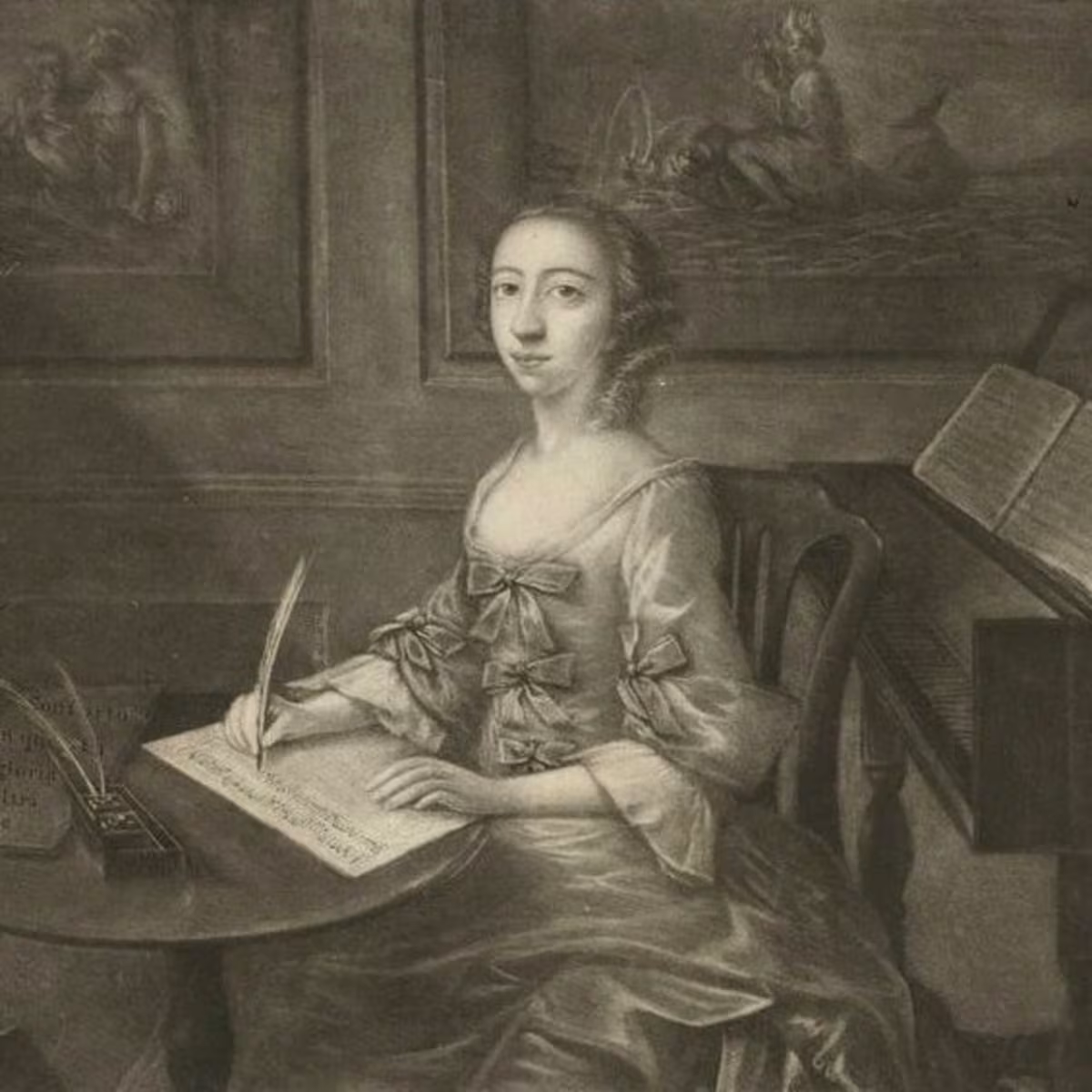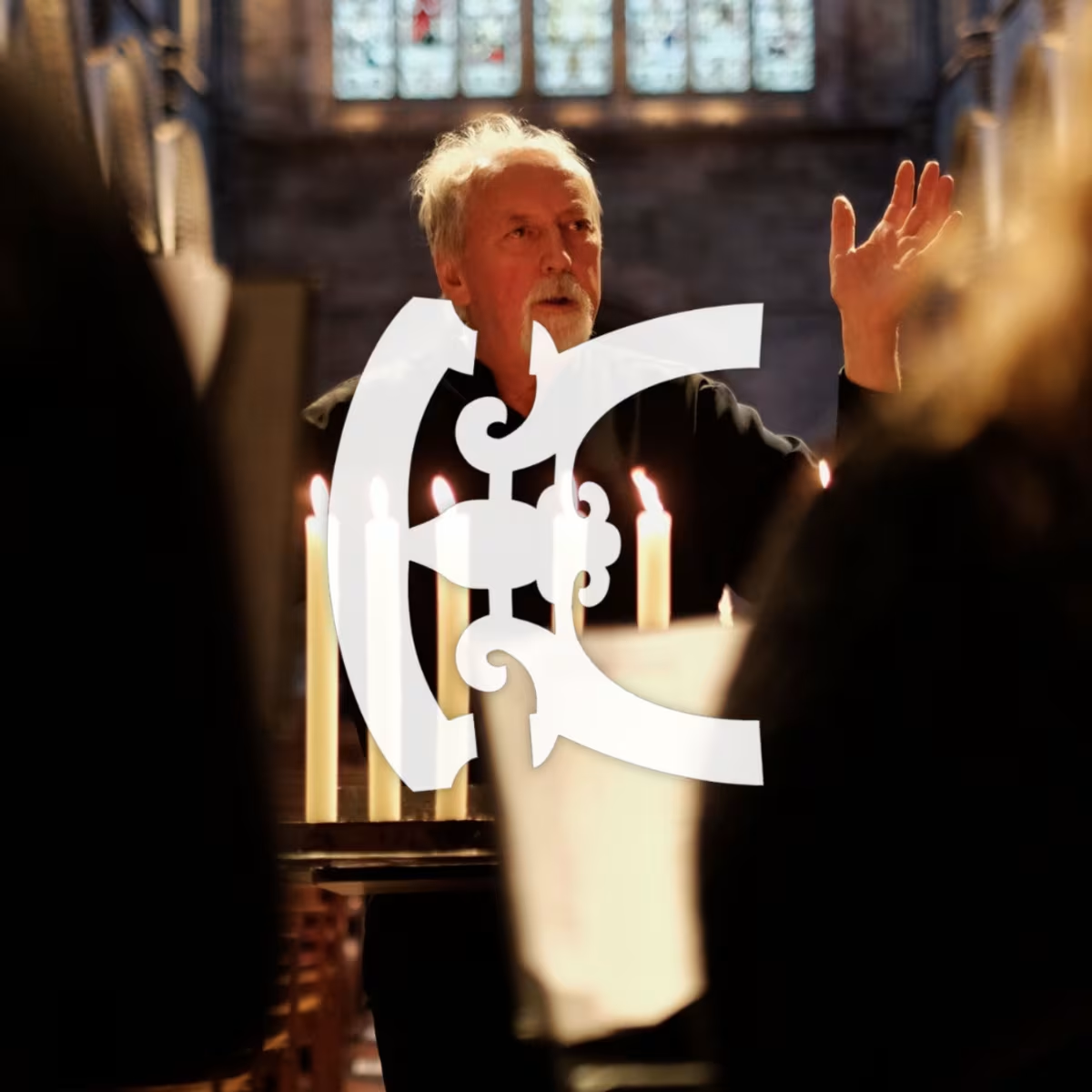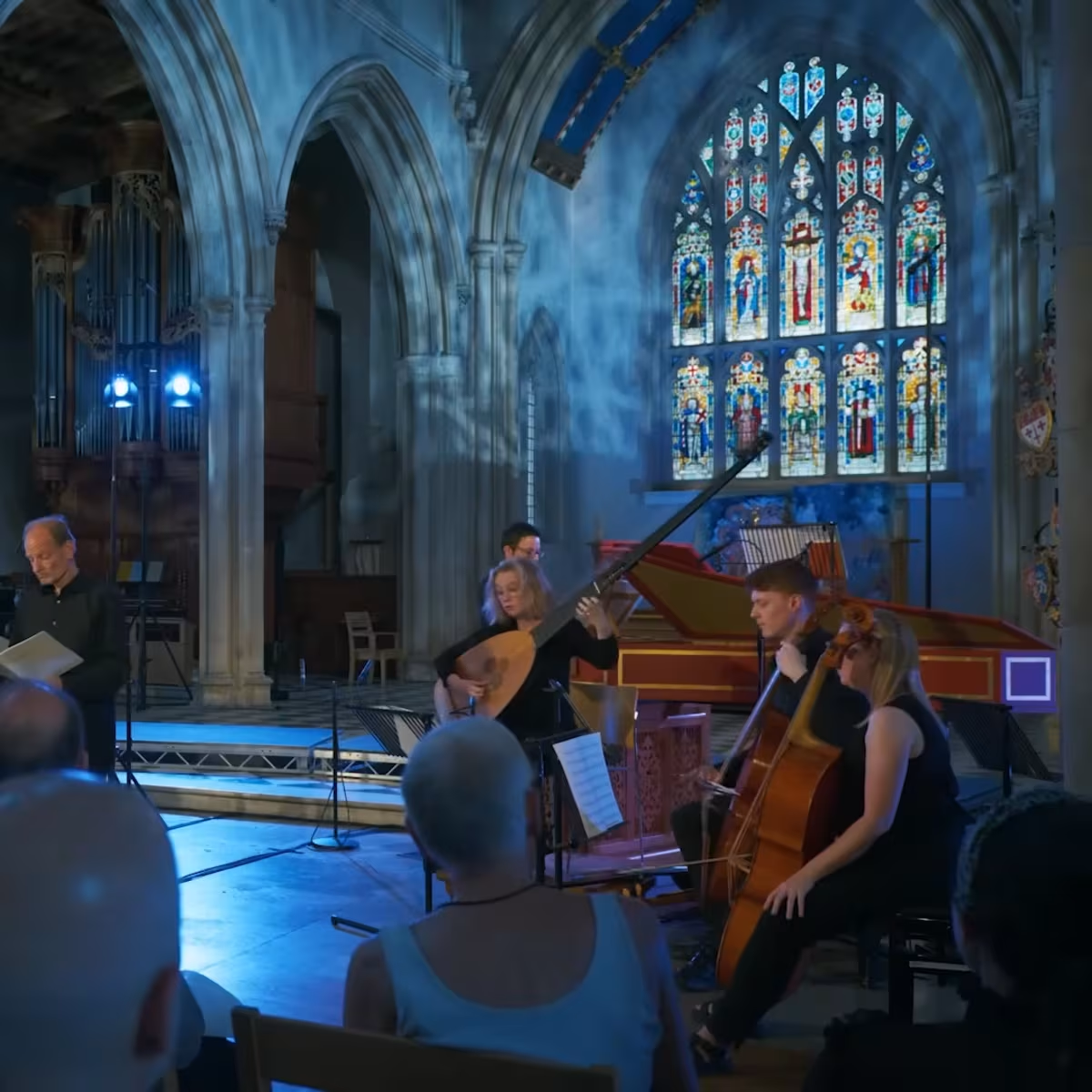Feature
Richard Boothby: Champion of Consorts
Share this

FIRST PUBLISHED 25 MAY 2025
One of the most steadfast figures in Early Music over more than 40 years has been the viol player, Richard Boothby, who put together Fretwork, which has become the touchstone for viol consort performance and recordings. He and I have shared personal history in that we were in the same year together at Manchester University, connected through the student music society in the mid 1970s. Richard had joined the Music Department as an undergraduate cellist. He remembers he was, ‘totally immersed in Wagner and later German opera’ at the time. ‘I can still recite the opening of the Threepenny Opera’. In the autumn of 1975, though, he began to be steered in a very different direction.
David Fallows, already recognised as a leading musicologist of Early Music, arrived as a lecturer in the university music department, ‘and he took me on' says Richard. He recognised my cello playing, went to the Early Music Shop, bought a consort of viols and handed me the bass one. In the spring term of my final year, I put on a lunchtime concert in the Whitworth Art Gallery,’ at that time next door to the University Music Department in Denmark Road, ‘of Wagner's Siegfried Idyll and Byrd. When I left Manchester I went for a job at Chandos Records, but instead got one at United Music Publishing. I lasted six months, and soon moved on to the Early Music Shop. I was also studying at the Early Music Centre in Holland Park with Tony Rooley, and privately with Charles Medlam. Charles sent me off to study with Nikolaus Harnoncourt in Austria.’

At the start of the 1980s, ‘once back in England, I founded a group called La Raphael with Emily van Evera and Michaela Comberti.’ He was soon on a roll, immersing himself in early music groups. ‘Fretwork will be 40 next year. I founded the Purcell Quartet just before and the two ran in parallel until 2016 when we closed the quartet.’ Fretwork went on to become the most accomplished viol consort from Britain, and arguably anywhere else, recording the original 17th-century repertoire, but also commissioning new works for the ensemble and transcribing music that previous generations would never have considered. ‘Almost all of our records have been of English music, but we are doing a French disc next year, taking the title of Proust's À la recherche du temps perdu. We've arranged music by Messiaen, Debussy, Poulenc, Rameau and Forqueray. Very little of it was actually written for viol consort, except some music by Claude Le Jeune and Charpentier.’
Fretwork performing Orlando Gibbons' Fantasy à 4 No. 2
In his commissioning – ‘over the years we've commissioned over 60 pieces’ – Richard has been happy to pick the most challenging of contemporary composers, from Michael Nyman to Orlando Gough and Led Zeppelin's John Paul Jones. ‘It’s so important that the viol does not come across as a museum instrument. The stock of old music is limited. The instrument needs more, so we have made lots of arrangements of classical and modern works, like Messiaen’s O sacrum convivium. The 19th century is harder, but we do find the occasional piece, especially in the piano repertoire.’
For 2025, before the 40-year celebrations of the ensemble get going next year, Fretwork is marking Orlando Gibbon's death on the very day of its 400th anniversary (5 June) with My Days, a piece commissioned from Nico Muhly by Wigmore Hall and Hilliard Ensemble that sets Gibbons’ autopsy report. Gibbons had a autopsy because he died in Canterbury after being part of the welcoming party for Henrietta-Maria, the new bride for Charles I, who had inherited the throne only three months earlier. There was plague about, and with Gibbons dying suddenly when he was part of the entourage, there was understandable panic that he might have passed it on. In fact, the autopsy found he’d had a brain hemorrhage, so there was sadness but also relief. Richard says, ‘this summer we’ll be touring Nico’s work arranged for solo countertenor with Iestyn Davies or for solo mezzo-soprano with Helen Charlston, as well as performing the original version for four voices (released 23 May) which we recorded last year thanks to a grant from Continuo Foundation.'

‘A consort of viols is a great thing. It has room for seven players, though there are usually five. Gibbons’ Fantasias have six. It's much more flexible than the later string quartet. We try to make it as variable and flexible as possible – in repertoire, too. I’m for the most part looking for connections across centuries and styles.’
With Fretwork, Richard is working on Bach’s The Art of Fugue at the moment. Meanwhile, the project with the Gesualdo Six called Secret Byrd, an immersive performance that shows what it would have been like performing Byrd's Catholic music in England at a time when such Latin expressions were considered treasonous to Queen Elizabeth I, keeps touring the world following its original tour funded by Continuo Foundation in 2022 (see this interview with Bill Barclay).
The concert marking Fretwork at 40 in will be held in the Wigmore Hall in October 2026. For that, Richard is being more adventurous than ever. ‘I’m looking for 10 composers to write short pieces that lead on from each other organically.’ It will be, I suggested, like a musical game of consequences, with the first composer starting by drawing the feather in the hat and the last one left with the shoes.
by Simon Mundy
Fretwork's new album, My Days - Orlando Gibbons & Nico Muhly, was released on 23 May 2025 and is available to purchase at Signum Records. There are five upcoming performances of My Days in Jun-Jul 2025, at Wigmore Hall, London, plus Oxford, Boughton Aluph (Kent), York and Grinton (North Yorkshire).
Share this
Keep reading

Elisabetta da Gambarini: A musical force of nature in Georgian London
Ahead of Academy of Ancient Music’s concert, ‘Gambarini: English Impressaria’, Rachel Stroud reflects on Elisabetta da Gambarini’s remarkable career.

Jeffrey Skidmore: Playlist
In this playlist, Jeffrey Skidmore reflects on what Ex Cathedra have performed and recorded, as well as what continues to shape their musical identity.

Spiritato with Elizabeth Kenny | Music to her Majestie: Odes for the last Stuart
On Queen Anne’s birthday, we share Spiritato and lutenist Elizabeth Kenny’s musical portrayal of the last Stuart and her lifelong patronage of the arts.




